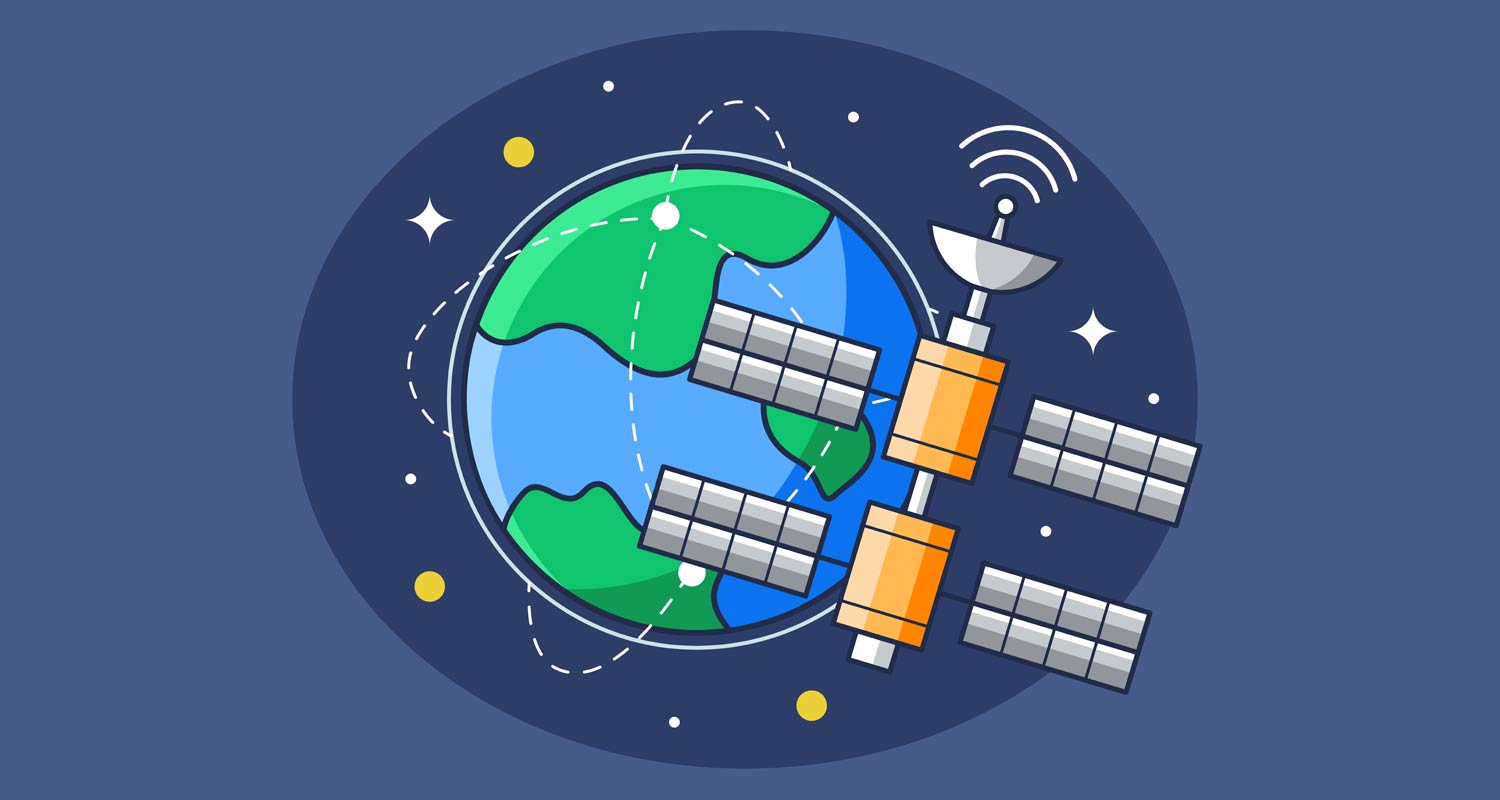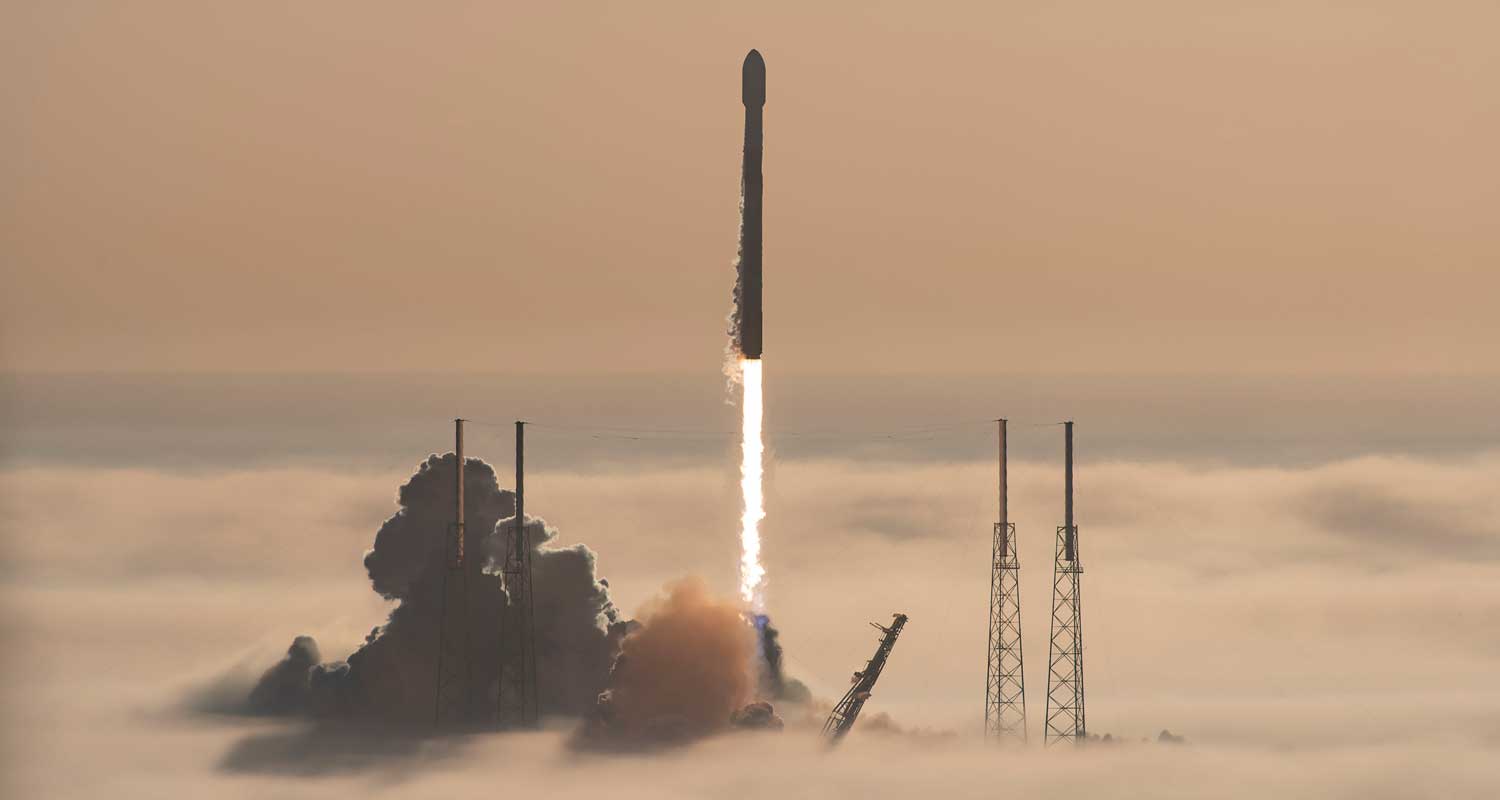 Omnispace, a US satellite broadband service provider, has partnered with MTN Group in an initiative to supplement the mobile operator’s terrestrial mobile network.
Omnispace, a US satellite broadband service provider, has partnered with MTN Group in an initiative to supplement the mobile operator’s terrestrial mobile network.
The companies said they will leverage 3GPP (mobile) standards to provide services to mobile consumers and enterprise internet-of-things (IoT) customers across MTN’s markets in Africa.
“This collaborative effort will offer access to secure, cost-effective, ubiquitous 5G mobile connectivity by seamlessly integrating our respective satellite and terrestrial networks,” said Ram Viswanathan, CEO of Omnispace, in a statement.
3GPP is an amalgamation of multiple standards organisations whose task is to create connectivity standards for next-generation mobile networks that can interoperate between traditional radio and other forms of digital communication.
According to Omnispace, the agreement with MTN will see it developing a standards-based mobile and IoT network designed to serve MTN’s markets across Africa. In the interim, the companies will partner to test existing technologies, proving capabilities and use cases using Omnispace’s satellites.
The number of partnerships between mobile operators and satellite broadband providers is growing fast. Low-Earth orbit satellites are seen by many as a cost-effective means of solving the universal coverage problem.
African mobile operators such as MTN Group and its competitor Vodacom Group are particularly interested in the technology because of the vast geographical expanses that make the cost of infrastructure roll-out to the many remote parts of the continent infeasible.
Satellite race
The solutions provided by different satellite service providers vary in scope, with each trying to solve a specific problem related to connectivity.
Elon Musk-owned Starlink, for example, is focused on the provision of fixed-wireless internet access – although a January announcement said that the company is also experimenting with direct-to-mobile capabilities.
Leading the charge in direct-to-mobile solutions is Lynk Global, which also has partnerships with both Vodacom and MTN in various parts of Africa to test the technology.
“We’re the only company on the planet that has patented, proven and is commercially licensed to handle sat-to-phone,” Dan Dooley, chief commercial officer at Lynk Global, told TechCentral in a January interview.
“Essentially, we build satellites that act as cell towers in space, and these cell towers allow MNOs (mobile network operators) like MTN to use their spectrum to connect to our satellite so they can put a cell site down in a geography where they don’t have a cell site today.”
 Direct-to-mobile connectivity is seen as the most promising of the satellite connectivity solutions, but that by no means downplays the importance of other solutions such as enterprise data backhaul and high-capacity data transport.
Direct-to-mobile connectivity is seen as the most promising of the satellite connectivity solutions, but that by no means downplays the importance of other solutions such as enterprise data backhaul and high-capacity data transport.
Recent attacks on shipping vessels in the Red Sea, which are suspected to have led to disturbances in high-capacity undersea cables in the region, highlight the importance of satellite networks as backhaul infrastructure that could be mobilised to plug gaps in terrestrial infrastructure.
For mobile operators, the increase in coverage offered by partnering with satellite service providers means they can reach a larger customer base while providing a more reliable service.
Read: Cell towers in space: inside the race to connect planet Earth
“Our partnership with Omnispace is a strategic step towards ensuring consistent, reliable access to our network, contributing to the foundational infrastructure that supports a digitally inclusive future,” said Mazen Mroué, MTN Group chief technology and information officer, in a statement. – © 2024 NewsCentral Media




